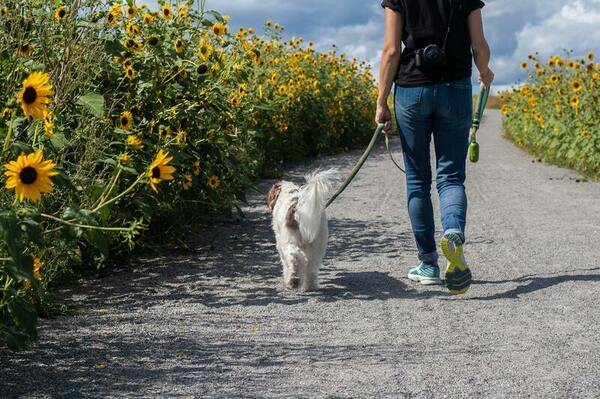The role of furry friends in facilitating social interaction during the COVID-19 pandemic
(1) Providence High School, (2) Novant Health
https://doi.org/10.59720/21-119
The COVID-19 pandemic disrupted social interactions unprecedently. Schools closed, people worked from home, and many were confined to interacting via social media and video chats. Studies have shown the psychological benefits of pet ownership. However, little research has been done on how and if the presence of a pet affects social interactions with strangers, especially during a socially isolated global pandemic. We set out to answer the question: will a dog walk change social interactions with strangers? We hypothesized that walking with a dog can change human-to-human interaction and help start conversations with unacquainted people. We conducted this experiment during six dog walks on randomly selected trails. We studied how walking with and without a dog affects interaction with other walkers. There were 245 observations in the study group (walking with a dog) and 208 in the control group (walking without a dog). We created a “Social Interaction Scale” to define the interactions during these observations. Walking with a dog resulted in social interactions 63.3% of the time, compared to 39.9% while walking without a dog. Results showed that walking with a dog significantly increased social interaction (z-score of 4.9, p-value < 0.0001). From our analysis, we concluded that walking with a dog can promote social interaction. Further research is suggested to assess the effect of these facilitated social interactions on feelings of loneliness and psychosocial well-being.
This article has been tagged with: